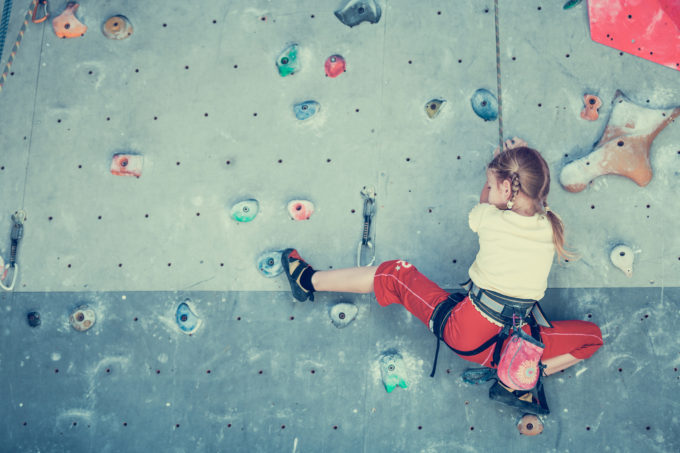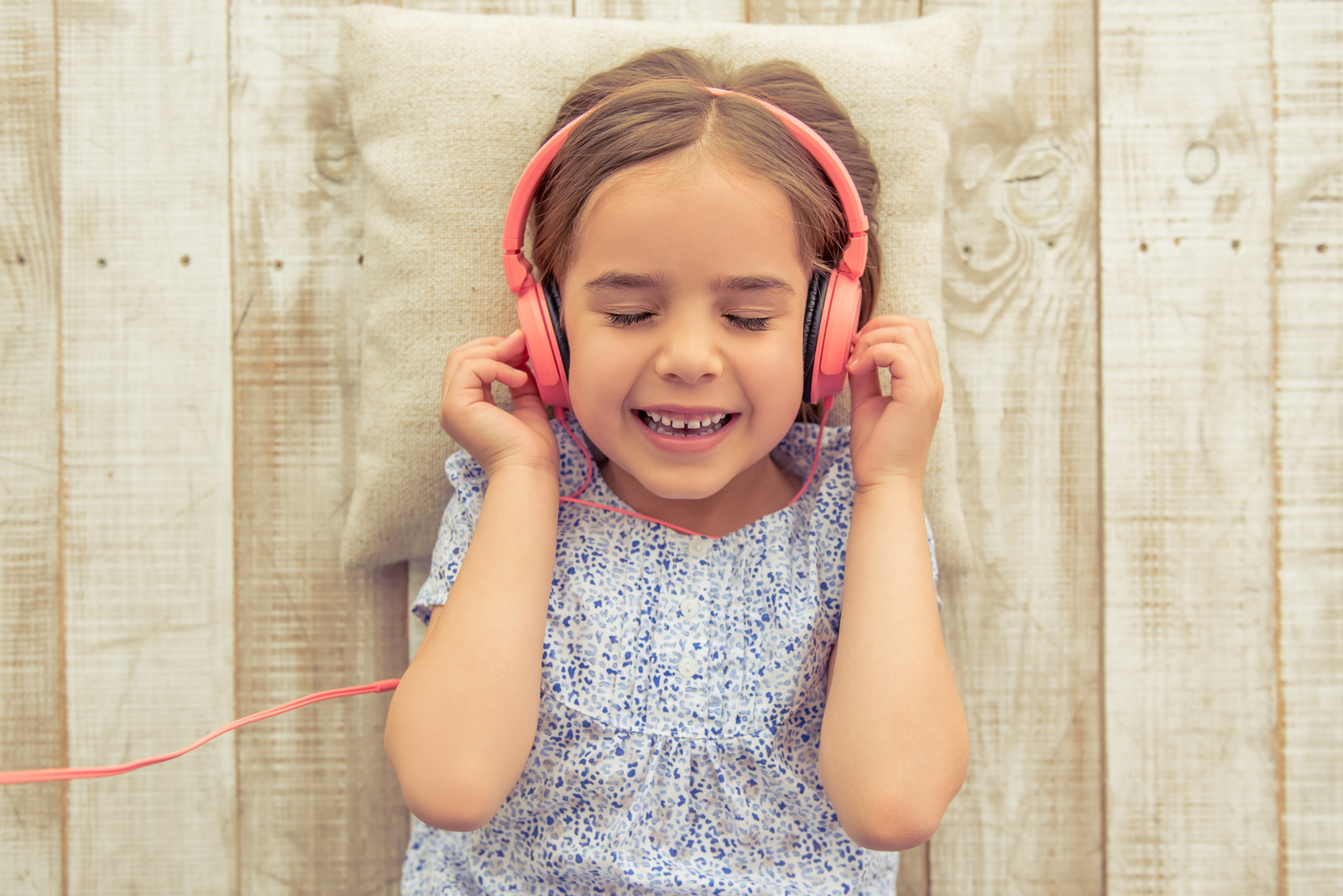The Secret to Giving your Child the Best School Year Ever
Inside: Beyond school supplies and a new outfit for the first day, it’s easy to miss the one thing kids truly need to have a successful back-to-school transition.

“I don’t want to go to school mom”.
There was still a good 3 weeks of summer left so my 9-year-olds comment caught me a tad off guard.
I asked her what she was feeling unsure about.
“None of my friends are in my class and what if all the other kids are mean?”
She was right. When we had checked in with other family friends we realized none of her close friends would be in her class for the fourth grade.
She had handled it seemingly well at the time but apparently, after reflecting on what the reality of that was actually going to look like, her anxieties began to set in.
The best way to get your child’s school year started on the right foot
Getting a child prepared for their school year means far more than just buffing up on multiplication facts over the summer.
Clearly, academics are centerstage in school, but there’s another critical piece to your child’s learning, and without it, your child’s school experience will be greatly comprised.
Listening will be more difficult.
Focusing will be more of a challenge.
Memory and cognition will suffer.
So what is this necessary ingredient to school success and well-being?
How learning works in the brain
There’s a reason interactions like the one I had with my daughter occur in millions of households at the start of every school year.
Starting school is BIG transition for kids and just like we adults feel uncertain on the first day of a new job, our kids have anxiety about the uncertainties of the year ahead.
Studies show that when a child’s brain is being affected by anxiety or any strong emotion, the area of their brain responsible for logical thought and cognition (as well as memory!) is compromised as a result.
This is why we ‘can’t think straight’ when we’re upset, worried or under pressure. The frontal cortex or ‘higher thinking brain’ quite literally isn’t as accessible as it would be if your child was emotionally regulated.
Basically, your child’s back to school emotions and learning don’t mix.

Yes, this explains why you blanked on the introduction of your History class speech Freshmen year. As it turns out, neurochemicals and stress hormones are powerful enough to outweigh 3 hours of studying and preparation.
They are also strong enough to high-jack your child’s best efforts at school.
If you want your child to start the school year with their best foot forward, you need to look beyond school supply lists and be intentional in helping your child feel emotionally grounded.
The process of helping your child work through their big emotions is not as overwhelming as it may sound. There are a few basic things you can do throughout the back to school transition that will go a long way towards your child showing up to school at their best.
Stay connected
Having a safe landing place (not just physically but emotionally!) is crucial for your child to feel supported and confident in school. While we only hear about attachment in the infant years, nothing changes after infancy. A secure attachment to a caregiver still provides your child with a safe emotional base to explore from!
Finding at least a small amount of time each day to set down your phone to be present with your child will help to meet their need for love and attunement.
Your child will learn much more effectively when their basic needs are accounted for (it’s not a coincidence that safety/security and love/belonging are considered two primary basic needs for a human!)
Creating rituals to help ease separation anxiety is another wonderful way to keep the parent-child bond strong and provide a relational buffer for your child’s back to emotions.
Some ideas for rituals that establish connection and bonding:
- special handshake to use right before and after reconnecting
- your child gets to pick a special meal for the night before school
- giving your child something of yours they can bring to school and use as a physical comfort (ie scarf, bracelet, hair tye etc)
- put a picture of your family in their art box (check out the awesome idea from Coffee and Carpool)
- create a mantra your child can repeat the first day to give them confidence
- go on a back to school shopping date together
- leave lunchbox notes for them to help them feel loved at lunch

Give them a safe place to talk
As parents, we all fall into that the trap of talking way more than we listen when it comes to interacting with our child.
Kids can feel if you’re truly present or just going through the motions when you drop the “how was school today” question.
Ask thoughtful open-ended questions and give them time and space to share their thoughts and feelings. Help them identify the emotions they are feeling (these emotions flashcards and visuals are a fantastic resource for doing this) This is a time to just listen and empathize, not to judge, freak out or teach a life lesson.
Being listened to and feeling understood is deeply therapeutic for your child and plants essential seeds for raising an emotionally intelligent child.

Being intentional with preparation
Kids are concrete thinkers and need a little help when it comes to grasping complex subjects like back to school timelines. There are lots of ways to make preparing for the school year fun and more concrete:
- making a back to school countdown calendar or paper chain
- bring your child to get clothing, lunch groceries, supplies for school etc
- role-playing school scenarios such as lunchtime for younger kiddos
- visiting the classroom and teacher ahead of time
- reading books about school to your child
- making a list of questions your child has about school
- write a story with your child about the school day
Related read: How to Get Your Child out the Door in the AM without Yelling!
Allow your child some control
A very powerful component of managing stress for humans is feeling some degree of agency or control over your life. Allowing your child to help with simple decisions such as first-day outfits, backpack designs or what he wants for lunch will go far to help him feel more secure in an overwhelming situation.
Empowering your child with reasonable opportunities for decision making greatly helps to lower a child’s anxiety

Be an encourager
Listen to your child’s concerns but seize opportunities to breathe confidence and excitement into conversations. Find out what their favorite parts of school are and tell them the strengths you see developing in them each year!
When concerns arise, instead of jumping in with proposed solutions to their concerns take the opportunity to collaborate and problem-solve together.
“Sounds like you’re worried you won’t have anyone to eat lunch with. Why don’t we talk about a plan for how to join in?”
Many times your child will be able to come up with solutions if prompted and given some time to reflect. The act of doing this helps redirect your child’s negative thinking (which sends a direct invitation for anxiety to come to the party!) into positive, rational thinking.
This is the groundwork for what’s known as ‘cognitive behavioral therapy’ and is a powerful way to combat stress and boost confidence.
The secret to an awesome school year starts with you
Feeling confident and emotionally prepared to handle the ups and downs of school is essential in order for your child to perform at their best at school.
Without a doubt, your child’s mental health and emotional well-being deserve a spot up on stage right alongside math and reading.
With a foundation of emotional intelligence and a strong parent-child relationship, you’ll be setting up your child for their best year ever.
What back-to-school traditions do you have that help ease the transition for your child?
Other articles you’d like:
75 Awesome Calm Down Strategies for Kids that Work
10 Anxiety Symptoms in Children That Most Parents Miss
Parenting an Angry Child? 10 Possible Reasons Why
The Best Way to Help a Child Deal with Anger Now (and throughout life)
Everyday Ways to Improve your Child’s Mood and Behavior








